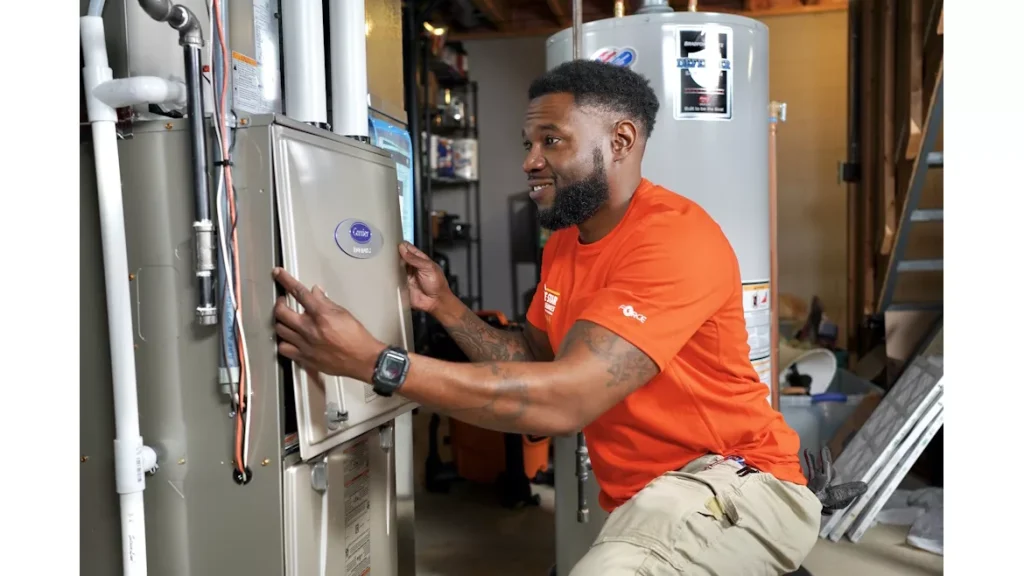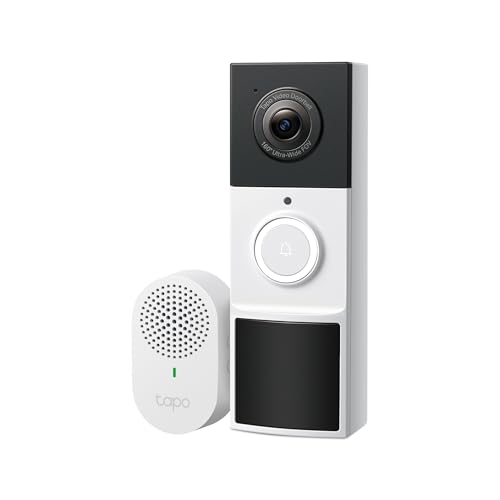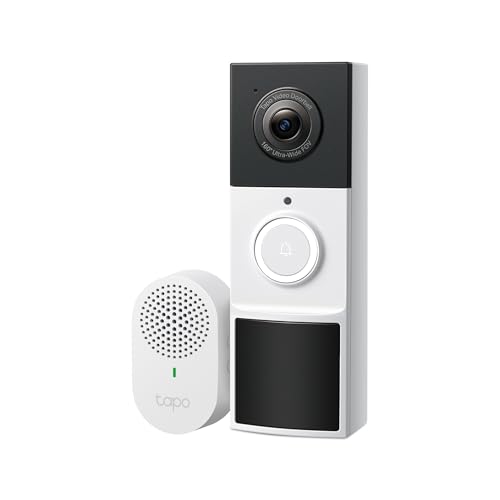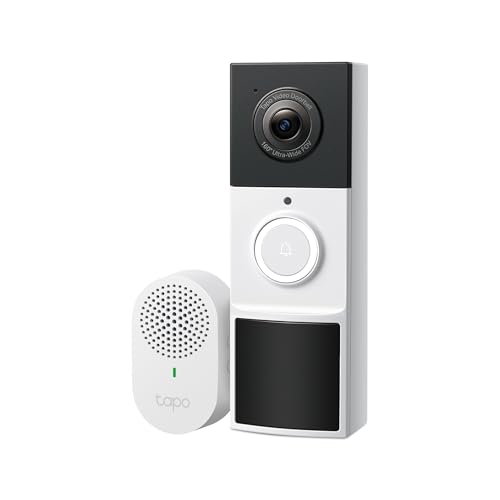Have you ever wondered what industry HVAC belongs to? Whether you’re thinking about a career, planning a home upgrade, or just curious, understanding where HVAC fits can help you make smarter decisions.
This isn’t just about heating and cooling—it’s about comfort, technology, and energy efficiency all wrapped into one. Keep reading, and you’ll discover exactly what industry HVAC is part of and why it matters to you.
Hvac Industry Basics
The HVAC industry plays a vital role in maintaining comfort and air quality indoors. It involves systems that control heating, ventilation, and air conditioning. These systems help regulate temperature and improve air flow in homes, offices, and other buildings. Understanding the basics of the HVAC industry gives insight into how these systems work and why they matter.
Core Functions Of Hvac
HVAC systems perform three main tasks:
- Heating:Provides warmth during cold weather.
- Ventilation:Exchanges indoor air with fresh outdoor air.
- Air Conditioning:Cools indoor air in hot weather.
These functions work together to create a comfortable and healthy indoor environment.
Key Components And Systems
HVAC systems consist of several important parts:
- Furnace:Produces heat for warming spaces.
- Air Conditioner:Removes heat from indoor air to cool it.
- Ventilation Fans:Move air in and out of buildings.
- Ductwork:Channels air throughout the building.
- Thermostat:Controls temperature settings.
Each component has a specific role that helps the system run smoothly and efficiently.
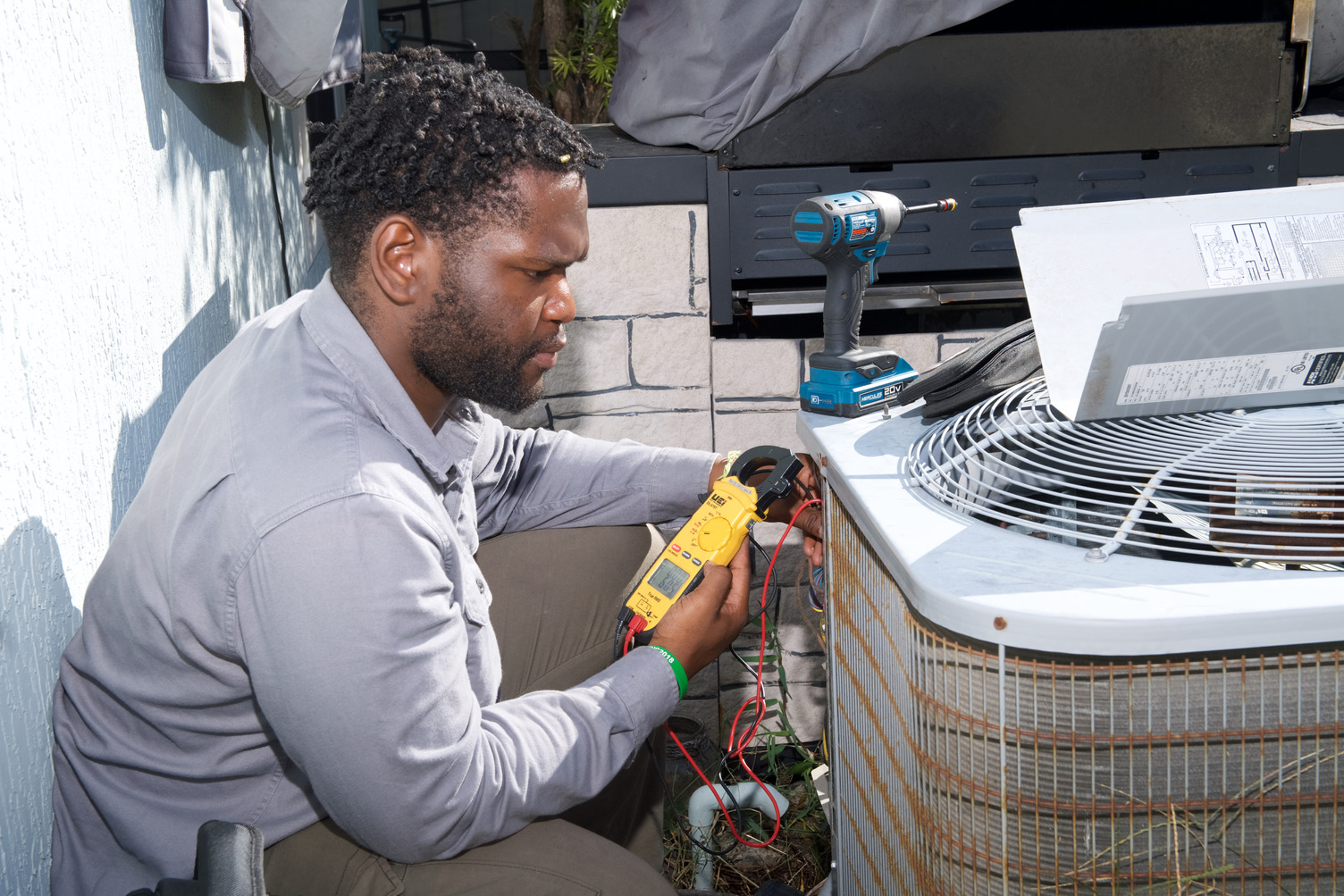
Credit: www.rsi.edu
Hvac Market Segments
The HVAC industry serves a variety of market segments, each with unique needs. These segments include residential, commercial, and industrial sectors. Understanding these helps to grasp the diverse applications of HVAC systems. Each segment demands specific solutions for heating, ventilation, and air conditioning.
Residential Hvac
Residential HVAC focuses on heating and cooling homes. Systems are designed for comfort and energy efficiency. Equipment includes furnaces, air conditioners, heat pumps, and ventilation units. Installation and maintenance ensure indoor air quality and temperature control. This segment often involves smaller, user-friendly systems.
Commercial Hvac
Commercial HVAC serves office buildings, shops, and public spaces. These systems handle larger areas and more occupants. They require robust equipment like rooftop units, chillers, and air handlers. Energy efficiency and system reliability are key concerns. Commercial HVAC supports business operations and customer comfort.
Industrial Hvac
Industrial HVAC meets the needs of factories and warehouses. Systems manage extreme conditions and large volumes of air. Specialized equipment controls humidity, dust, and pollutants. Industrial HVAC supports machinery and worker safety. These systems are complex and built for heavy-duty use.
Related Industries
The HVAC industry doesn’t operate in isolation; it closely connects with several related industries that influence its growth and innovation. Understanding these connections can help you see where opportunities lie and how HVAC solutions fit into broader economic activities. Let’s dive into some key industries that overlap with HVAC and consider how they interact.
Construction And Building Services
The construction industry is a natural partner for HVAC. Every new building needs heating, ventilation, and air conditioning systems installed, maintained, or upgraded. If you’ve ever been on a construction site, you might have noticed HVAC technicians coordinating with builders and electricians to ensure climate control systems fit perfectly into the design.
This collaboration is crucial for energy efficiency and occupant comfort. Have you ever wondered why some buildings feel too hot or too cold? Often, it’s due to poor integration between construction and HVAC planning.
Energy And Utilities
HVAC systems consume a significant amount of energy, making the energy and utilities sector a key player. Utilities influence HVAC through energy pricing, availability, and regulations on emissions. If you’ve noticed changes in your energy bills during extreme weather, it’s often because your HVAC system is working harder to maintain comfort.
Energy providers are increasingly promoting smart HVAC solutions to optimize power use. This connection means innovations in renewable energy and smart grids directly impact how HVAC systems operate and evolve.
Manufacturing And Technology
Manufacturing produces the components and equipment that power HVAC systems. Advances in technology like IoT sensors and AI control systems are transforming traditional HVAC into smarter, more efficient setups. If you use a smart thermostat at home, you’re experiencing this tech-driven shift firsthand.
Manufacturers focus on creating durable, energy-saving products that meet new standards. How might emerging technologies change your expectations for heating and cooling in the next few years?
Economic Impact Of Hvac
The HVAC industry plays a vital role in the global economy. It impacts many sectors and supports millions of jobs. Its economic influence extends beyond manufacturing to services, installation, and maintenance. The industry’s steady growth reflects rising demand for climate control in homes, offices, and industries.
Job Creation And Employment
HVAC supports a wide range of jobs worldwide. It employs technicians, engineers, salespeople, and support staff. These jobs often require specialized skills and training. The industry offers many career paths, from entry-level to advanced positions.
Job growth in HVAC is consistent and strong. Demand for technicians grows as buildings need regular maintenance. New construction and retrofitting also create job openings. This makes HVAC a reliable source of employment for many workers.
Market Size And Growth Trends
The HVAC market is large and expanding. It includes equipment manufacturing, system installation, and after-sales services. Growth is driven by urbanization and rising temperatures worldwide.
Technological advances boost the market further. Energy-efficient and smart HVAC systems attract customers. This trend encourages manufacturers to innovate and expand production.
- Increased demand in residential and commercial sectors
- Focus on sustainable and energy-saving solutions
- Growth in emerging markets
The HVAC industry’s growth supports many related businesses. Suppliers, distributors, and service providers all benefit. This creates a positive ripple effect throughout the economy.
Technological Advances
The HVAC industry has seen strong growth through technology. New tools and systems improve comfort and control. Technology helps reduce energy use and costs. It also makes heating and cooling smarter and more reliable.
Smart Hvac Systems
Smart HVAC systems use sensors and automation to adjust settings. They learn your schedule and preferences. This keeps indoor air comfortable without waste. Many systems connect to smartphones for easy control. Alerts notify you of needed maintenance or problems early. These systems improve convenience and save money over time.
Energy Efficiency Innovations
Energy efficiency is a key focus in HVAC technology. New designs use less power while delivering strong performance. Innovations include variable speed motors and better insulation. Heat pumps provide heating and cooling with less energy. Some systems recover heat from exhaust air to save energy. These advances lower bills and reduce environmental impact.
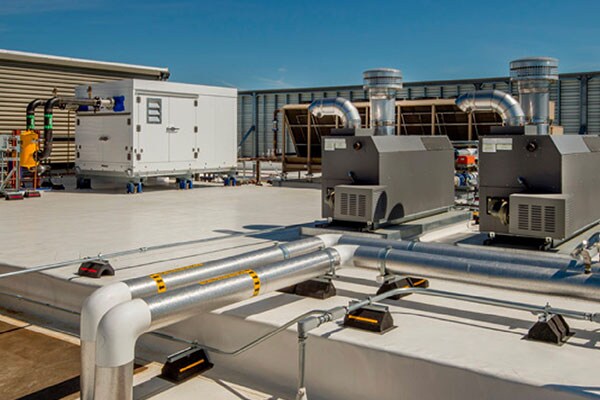
Credit: www.penncontrols.com
Regulations And Standards
The HVAC industry follows strict regulations and standards. These rules protect the environment, ensure safety, and maintain quality. Compliance keeps systems efficient and safe for users. Understanding these standards helps businesses meet legal requirements and customer expectations.
Environmental Compliance
HVAC systems must reduce pollution and conserve energy. Regulations limit the use of harmful refrigerants. These laws promote the use of eco-friendly alternatives. Energy efficiency standards help lower greenhouse gas emissions. Proper disposal of old equipment prevents environmental damage.
Safety And Quality Standards
Safety is a top priority in HVAC design and installation. Standards set clear guidelines for electrical and mechanical safety. Quality control ensures reliable and durable equipment. Regular inspections verify system performance and safety. Trained professionals must follow these rules during work.
Future Outlook
HVAC belongs to the construction and building services industry. This field focuses on heating, ventilation, and air conditioning systems. Innovations in energy efficiency and smart technology are driving its future growth.
The HVAC industry, encompassing heating, ventilation, and air conditioning, is on the brink of transformative changes. As technology advances and environmental concerns grow, the future of HVAC promises innovation and exciting opportunities. Let’s dive into what lies ahead for this vital sector.Sustainability In Hvac
Sustainability is no longer just a buzzword; it’s a necessity. The HVAC industry is rapidly adopting eco-friendly technologies to reduce carbon footprints. Energy-efficient systems, like geothermal heating and cooling, are gaining traction. You might be wondering how this impacts you. Imagine reducing your energy bills while contributing to a healthier planet. Smart thermostats and energy management systems make this a reality by optimizing energy use. The integration of renewable energy sources, such as solar panels, further underscores the industry’s commitment to sustainability. By choosing sustainable HVAC solutions, you play a part in shaping a greener future.Emerging Market Opportunities
The global demand for HVAC systems is surging. Emerging markets present immense growth potential, driven by urbanization and increased awareness of indoor air quality. In regions like Asia and Africa, the expansion of residential and commercial infrastructure is creating new opportunities. If you’re in the HVAC business, tapping into these markets could be a game-changer. Moreover, technological innovations are opening doors to niche markets. Think about smart homes and IoT integration, which require advanced HVAC systems. Are you ready to explore these burgeoning sectors? The future of HVAC is bright, with sustainability and market expansion at its core. As you consider your role in this evolving landscape, ask yourself: How can you contribute to a more sustainable and innovative HVAC industry?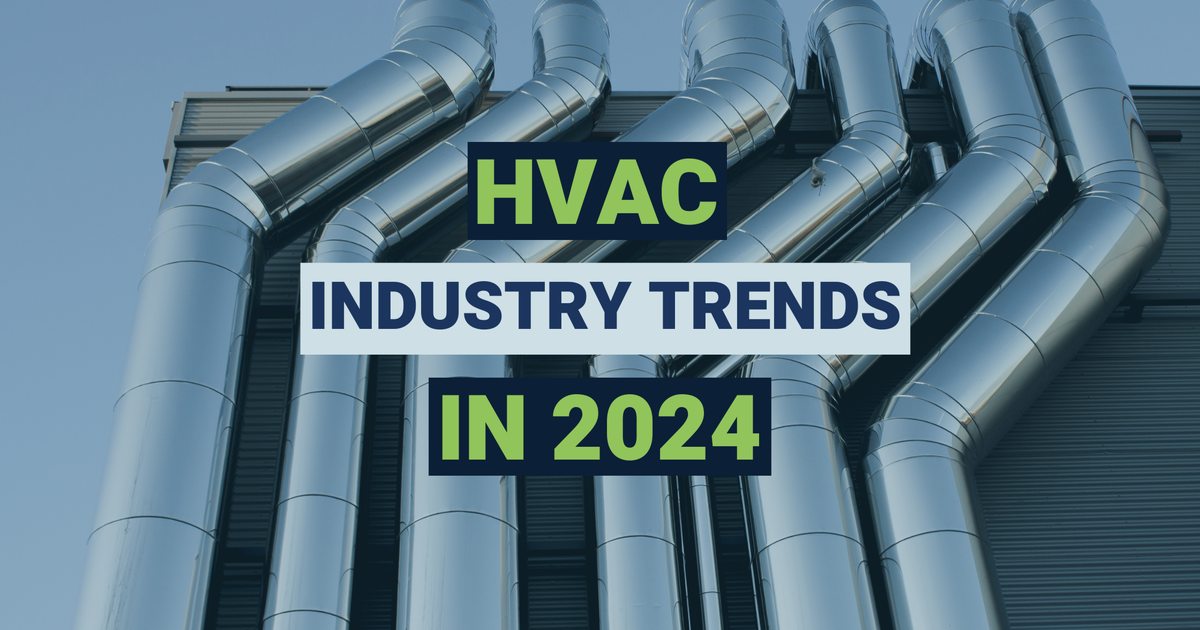
Credit: sbeodyssey.com
Frequently Asked Questions
What Industry Does Hvac Belong To?
HVAC belongs to the building systems industry. It focuses on heating, ventilation, and air conditioning technologies. This industry supports residential, commercial, and industrial climate control needs.
Is Hvac Part Of The Construction Industry?
Yes, HVAC is closely linked to construction. It involves installing climate control systems during building projects. This makes HVAC a key segment within the broader construction and building services industry.
What Sectors Use Hvac Technology?
HVAC technology serves residential, commercial, and industrial sectors. It ensures comfortable indoor environments in homes, offices, factories, and public spaces. Each sector demands tailored HVAC solutions.
How Does Hvac Impact The Energy Industry?
HVAC systems significantly influence energy consumption. Efficient HVAC designs reduce energy use and lower costs. This makes HVAC important for energy management and sustainability efforts.
Conclusion
The HVAC industry plays a vital role in daily life. It covers heating, ventilation, and air conditioning services. This industry keeps homes and workplaces comfortable all year. It supports both residential and commercial needs. Skilled professionals maintain and install HVAC systems.
The sector grows as technology and demand increase. Understanding this industry helps appreciate its importance. It impacts energy use and indoor air quality. HVAC remains essential for modern living standards.

